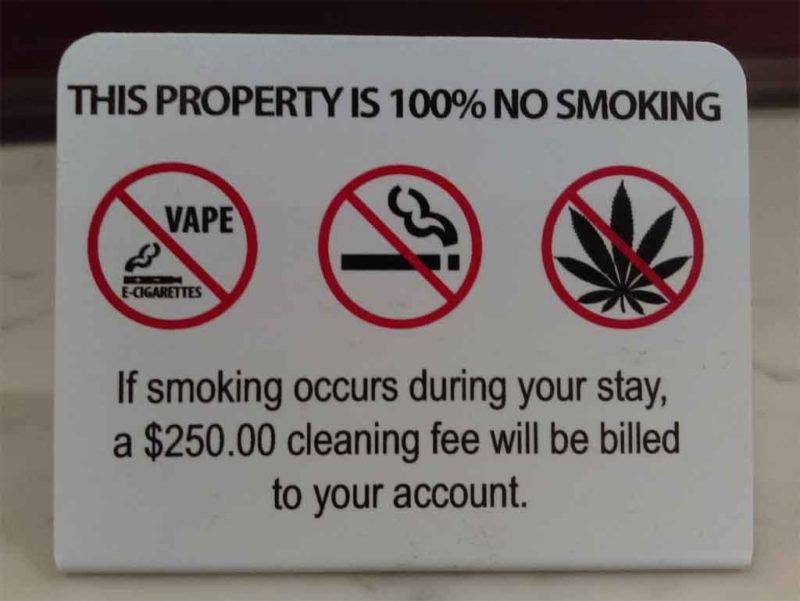How The Alt Right Can Change America With A Culture Of Boycott
The rise of the Alt Right in America has illuminated The Establishment (synonyms: deep state, Cathedral, swamp) as a defensive institution that lashes out at dissent. The mere fact that it defends itself through censorship proves its intent to control us, not benefit the nation or its ideals.
What we call “clamping down on dissent†is properly called “repression of protest†in Geert Hofstede’s seminal book Culture’s Consequences. Managers can survey a population to determine to what extend they are willing to protest, or be willing to accept and even engage in repression of protest.
Each group has its own culture. This culture can be programmed to varying degrees, depending on the group involved. When the group perceives that protest impedes its goals, or at least the goals of individuals in the group, it becomes tolerate of protest.
This leads us to some axioms of culture:
- Culture relates to groups/organizations, not individuals, which is why psychologists like Jordan Peterson get it wrong sometimes.
- Culture is easier to assess in countries than in companies, meaning companies, bureaucracies, societies have not been a focal point, even though they should be in the future.
From this, we can analyze the differences between countries in their treatment protest. Often cultural differences have disparate effects between similar nations. Consider, for example, South Africa as contrasted with the United States:
- Are citizens protest or repression oriented? The culture of your group determines this outlook. If the group is happy, it is repression-oriented; if it is unhappy, it is protest-oriented. The kicker is that people do not know whether they are happy/unhappy with a plan or policy until they see its results, and those happen years, decades, or centuries after it is implemented. For this reason, new plans tend to produce groups that are repression oriented, where mature plans tend to produce protest-oriented groups because most plans fail.
- Are citizens competent or dependent? Protestors are generally more competent except for the people who are rioting for more entitlements or aid, who are dependent. This determines the character of their protest: people who are objecting to policy changes are of a different nature than those who are striking or rioting for more pay.
- Is society unbalanced or in harmony? Dependent citizens require competent leaders because they are fundamentally unstable; in a balanced society, the competent manage the dependent.
- Do you have stress in society? A large source of this comes from an imbalance between the dependent and the competent, and leaders who are unable to manage their citizens.
- Has your country been at war post WW2? It’s not the war that causes stress in society but the emphasis on aggression in the culture that is the problem going forward. South Africa’s leaders may not have been as smart as its voter population leading into the Angolan war. In the same sense America’s leaders are fighting wars its voter base still doesn’t understand.
- Is your country an old or a young democracy? South Africa is “young†and America as “old,†having been attempting democracy for longer, and past the two century point where democracies begin to crumble.
- Do citizens accept “open borders� Americans of the founding group understood that borders between states were open within the larger America. That caused globalists to think that Americans will accept a lack of national borders as well, which has now become unacceptable. On the other hand “Young†South Africans were relieved the Angolan war is over and accepted the open border proposition. This is the same with Italy, that accepted the European Union with a 72% vote.
The elites would prefer a populace that wants repression and is therefore dependent or perhaps we should say compliant, requiring clever elites, a role which the democratic elites can approximate in appearance. To change the elites, the citizens could boycott them, but to do that we need to be able to protest, which requires a a competent leadership rising above the rest of the group.
South Africa may be the protest capital of the world, but we are not talking about financial protests, we are talking more about a political protest. Unfortunately despite the current ridiculous landgrab “legislation,†the only person protesting is the Zulu King.
The Zulu King Goodwill Zwelithini has warned that his people will vigorously defend their land against those who think they can easily expropriate it.
…“There are various attempts to dispossess Africans of their land, which in the past was always be governed through traditional way, they want to expropriate land owned by the communal.â€
King Zwelithini says his people will vigorously defend their land – he says his fear is that such actions will destabilise the country
Whites are crying, but protests focus on farmers negotiating the last grasp. They have no expectation of effective protest which would restore them to a stable position. They are simply attempting to stave off the decline, a position which recognizes their defeat and is simply bargaining for time before death.
In America however, voters elected Trump as President, despite the uni-party and neocon problems, therefore they boldly stated their desire not to accept open borders, much as Brexit affirmed similar attitudes. Americans thankfully have a more established culture that used to work well, before WW2, when America was dedicated to saving the world through a mentality that is still being a sound example of cultural “competency.â€
Americans have the possibility of a culture of boycott. They have enough people who can be mobilized toward resistance of the ongoing Leftist takeover, and therefore they can also resist minorities becoming the majority and thus creating a vote that is forever skewed against the former majority.
The probability that Americans can develop a “Culture of Boycott†is therefore within your reach, but not for South Africans.
Tags: america, boycott, demographics, south africa, zulu king










